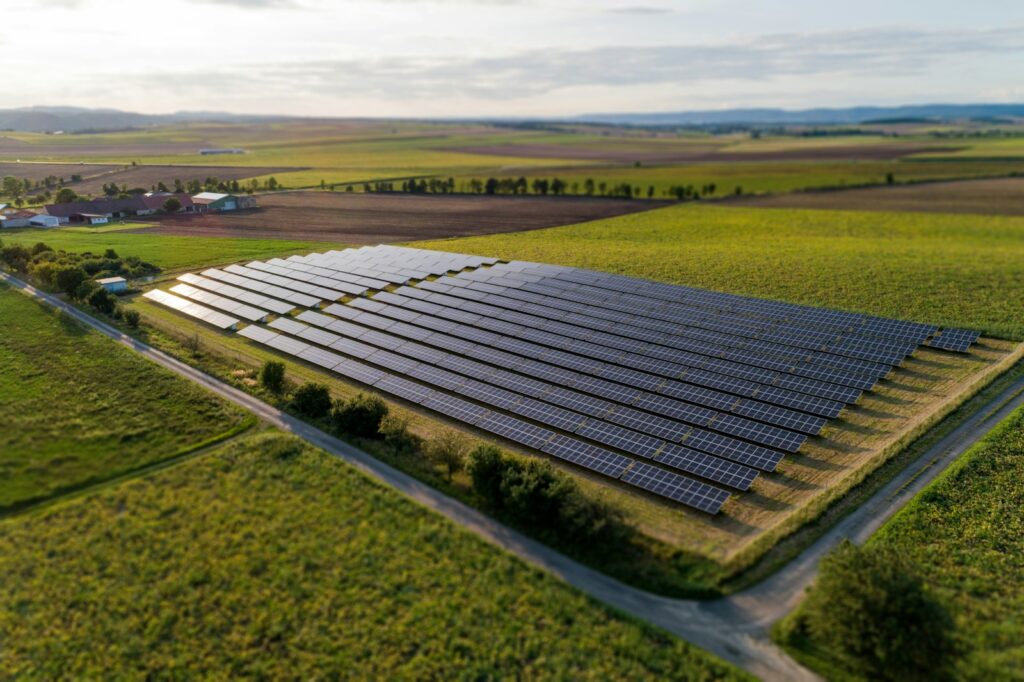The UK Energy Research Centre (UKERC) says a no-deal or hard Brexit could increase electricity generation costs by £270m a year.
Currently, the EU’s electricity market allows electricity in the UK to be traded freely across the EU, coupling the electricity markets of the 19 countries in North-Western Europe. This automatically trades electricity from lower to higher-priced markets, which the UKERC report says ‘maximises profits and energy security.’
Prior to the single electricity market, which was formed in the 1990s, markets closed at different times, forcing traders to decide their cross-border trades based on anticipated rather than actual prices. According to the report, traders were forced to guess the price of electricity which led to errors and capacity going underused, with energy flowing the wrong way up to a third of the time.
The report predicts electricity trading patterns in 2030 and compares a ‘Soft Elecxit’ which would couple the UK market with France, and a ‘Hard Elecxit’ where the two markets would be decoupled. In the latter scenario, the cost of generation in the two countries would increase by £500m or 1.5% of the market value, with Great Britain carrying 60% of these losses, equating to £270m a year.
Report co-author Dr Joachim Geske said: ‘Abandoning the successful system of electricity market coupling is not an inevitable result of Brexit.
‘However, we wish to illustrate the costs of doing so, which are likely to grow significantly over time.’
Co-author Dr Iain Staffell added: ‘Britain leads the world in how it has decarbonised its power system, and recently passed the point of having more renewables installed than it does fossil-fuelled power stations.
‘With ever more electricity coming from variable sources, having inefficient trade with our neighbours would cause real harm to consumer electricity bills, not to mention the security and stability of electricity supply.’
Read the report here.
In related news, a report from University College London claims energy costs have risen by £75 per household since the referendum in June 2016.
















